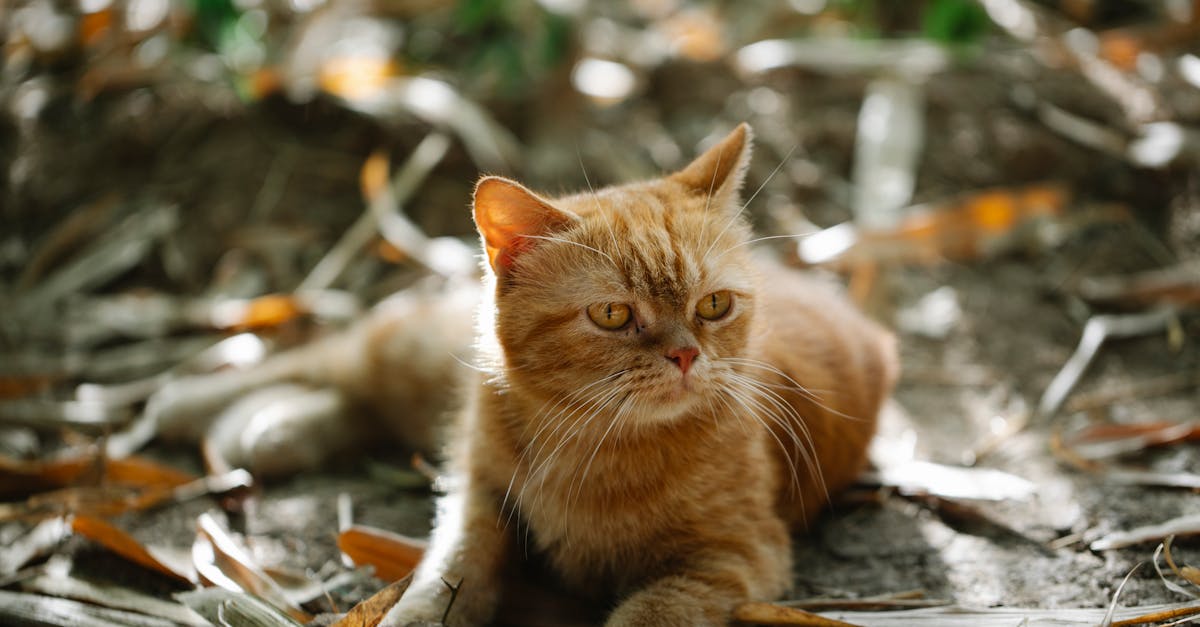Maine Coon cats are one of the most beloved and recognizable cat breeds in the world. Known for their majestic appearance and affectionate personalities, these gentle giants make excellent companions for families and individuals alike. But owning a Maine Coon comes with unique responsibilities. If you’ve ever wondered what it takes to care for this breed or if it’s the right fit for your home, you’re in the right place.
🐾 Breed Snapshot
The Maine Coon is one of the largest domesticated cat breeds, often referred to as the “dog of the cat world” due to their social and loyal nature. Here’s a quick overview of this captivating breed:
- Origin: United States (Maine)
- Size: Large, with males weighing 13–18 pounds and females 8–12 pounds
- Lifespan: 12–15 years on average
- Coat: Long, thick, and water-resistant, with a ruff around the neck
- Colors: Wide variety, including tabby, solid, bi-color, and more
- Temperament: Friendly, affectionate, and playful
Maine Coons are well-suited to both active households and quieter homes, as long as they receive plenty of attention and care.
🧬 Personality & Behaviour
Maine Coons are known for their laid-back and affectionate nature, making them a great choice for families with children or other pets. They are intelligent and curious cats who enjoy interactive play and mental stimulation.
- They are highly social and thrive on human interaction.
- Despite their size, they are gentle and rarely aggressive.
- Maine Coons are known for their “chirping” and “trilling” sounds, which they use to communicate.
- They often enjoy water, a unique trait for cats.
These cats are also quite independent and can entertain themselves, but they’ll often follow you around the house to stay close to their favorite humans.
🧼 Health & Grooming Needs
While Maine Coons are generally healthy cats, they are predisposed to certain health conditions due to their size and genetics. Regular veterinary check-ups and a proper care routine can help keep them in top shape.
- Common Health Concerns: Maine Coons are prone to hypertrophic cardiomyopathy (HCM), hip dysplasia, and spinal muscular atrophy (SMA). Early screening and regular monitoring are essential.
- Diet: They need a balanced, high-protein diet to support their large size and active lifestyle. Avoid overfeeding, as obesity can exacerbate joint issues.
- Grooming: Their long, thick coat requires regular brushing (2–3 times a week) to prevent matting and reduce shedding. Pay attention to areas like the belly and under the legs, where tangles are more likely.
- Dental Care: Dental disease is common in cats, so regular teeth brushing and dental treats can help maintain oral health.
According to VCA Animal Hospitals, early detection of health issues can significantly improve your cat’s quality of life (source).
💡 Vet Tips for Pet Parents
Caring for a Maine Coon requires a blend of proactive health management, mental stimulation, and regular interaction. Here are some vet-approved tips to ensure your Maine Coon thrives:
- Schedule Regular Check-Ups: Annual or bi-annual vet visits can help catch any health concerns early, especially genetic conditions like HCM or SMA.
- Engage Their Mind: Provide puzzle feeders, interactive toys, or even train them to do tricks to keep them mentally stimulated.
- Provide a Scratching Post: Maine Coons love to stretch and scratch, so invest in a sturdy scratching post or cat tree to save your furniture.
- Monitor Their Weight: Obesity can lead to joint and heart problems, so keep a close eye on their diet and activity levels.
- Brush Their Coat: Regular grooming sessions not only keep their coat healthy but also strengthen your bond.
Lastly, remember that Maine Coons are highly social cats. They don’t do well when left alone for long periods, so ensure they have companionship—whether it’s from you, other pets, or even a second Maine Coon.
FAQs
Q: Are Maine Coons hypoallergenic?
A: No, Maine Coons are not hypoallergenic. While they may shed less dander than some breeds, they still produce allergens that can trigger reactions in sensitive individuals.
Q: How much exercise does a Maine Coon need?
A: Maine Coons are active cats and benefit from daily play sessions. Interactive toys, climbing trees, and even leash training can help them burn off energy and stay healthy.
Q: What should I feed my Maine Coon?
A: A high-quality, protein-rich cat food designed for large or active breeds is ideal. Consult your vet for specific dietary recommendations based on your cat’s age, weight, and health.
Book a $49 online vet consultation at https://www.dialavet.com for fast, expert advice.























